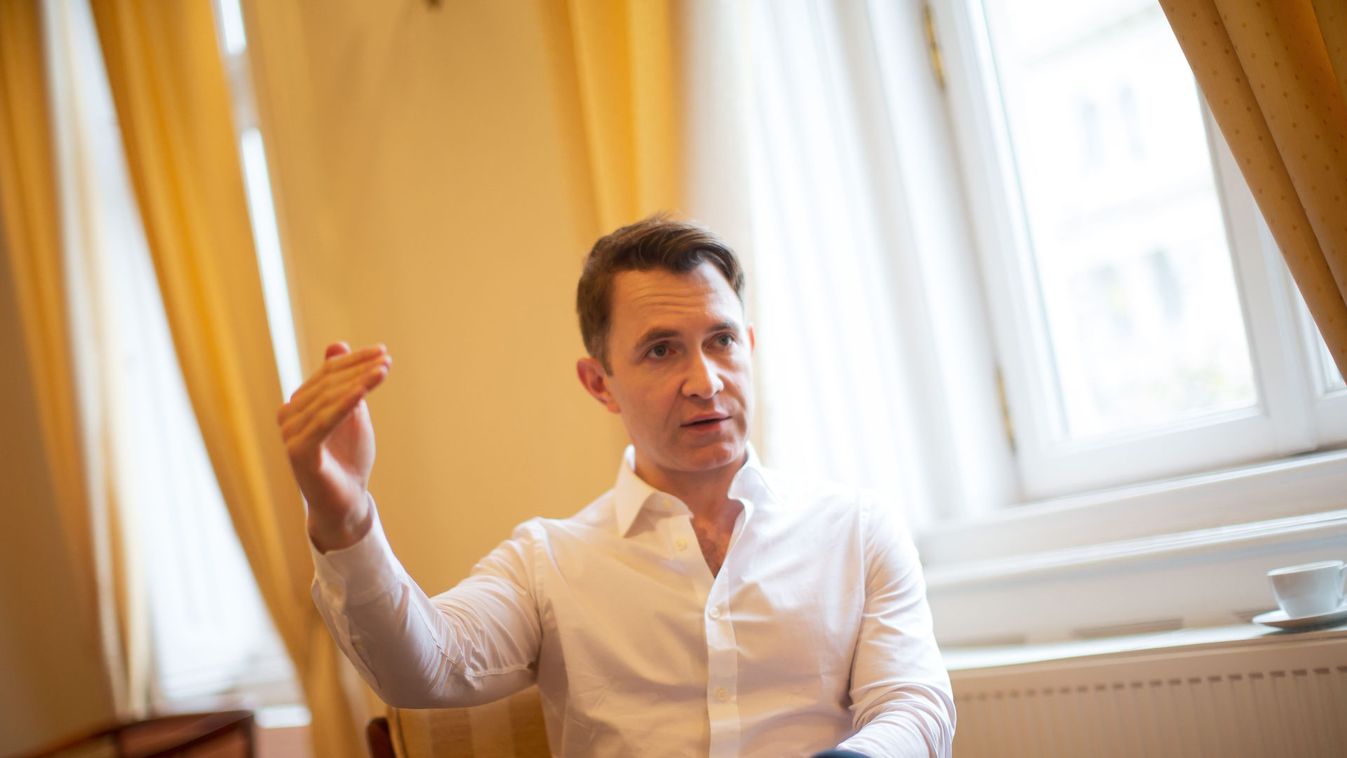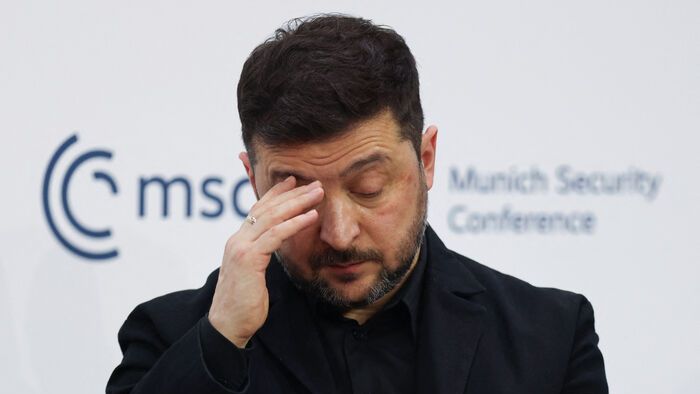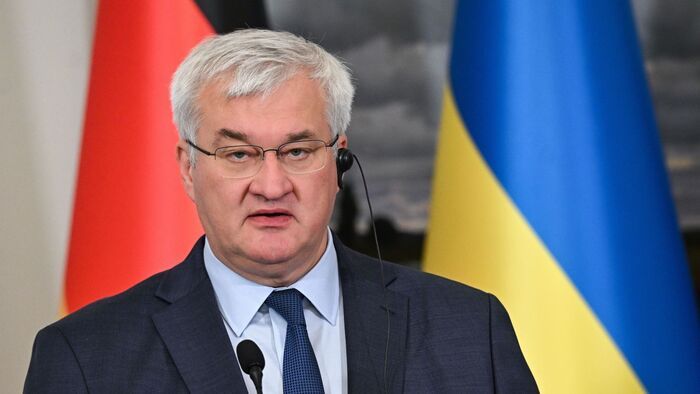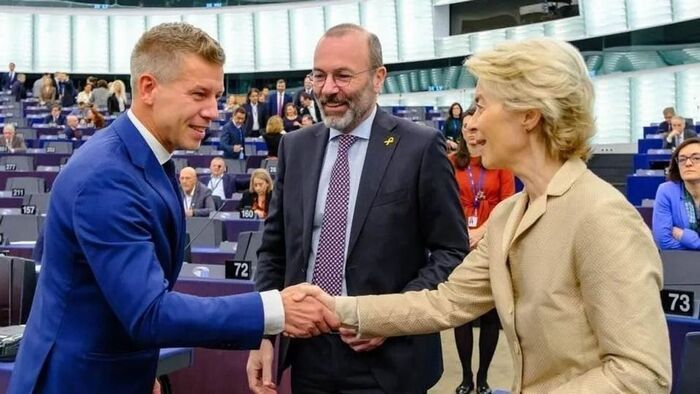Douglas Murray is spending an entire month in Hungary as part of the “Patriotic Talks” online conference organized by the MCC-Danube Institute. Given his extended stay and familiarity with Hungary, Magyar Nemzet sat down with Murray to discuss the current political climate.
To start with an extreme, we asked his opinion on the continual accusations of dictatorship against Hungary—even from sources like Joe Biden. According to Murray, these claims are laughable; it is entirely obvious that Hungary holds completely free and fair elections. However, these accusations are fueled by an even deeper divide between Western and Eastern Europe, according to the British author. The dialogue between these two camps is increasingly just a screaming match.
He finds the biggest problem to be that Western Europe is incapable of accepting the fact that the East does things differently.
When asked about the validity of other criticisms of Hungary, he referred to the CEU case which he believes should have been handled better; at least, according to Murray, the government’s message should have been communicated more effectively. Although, its status as a university does not excuse it from any kind of debate regarding political conflict. On the other hand, as Murray asserted, the accusations regarding a lack of media pluralism in Hungary are entirely unfounded. He went on to describe the ridiculous expectations of the Fidesz government: essentially, the government should be funding the opposition’s media according to some sources. In any country, the topic of media always sparks a heated debate. Murray provided the United Kingdom’s media landscape as an example—even there, ownership of various media causes serious clashes.
Murray addressed the root cause of this persistent Western attitude: the left’s perspective, which incorporates very peculiar historical angles, dominates in Western media. Their approach has become increasingly “intolerant and impatient”. Most often, freedom—popularized by American liberals—is placed at the forefront.
According to Murray, though freedom is essential, if we only focus on this one value, it produces extreme results like legalizing hard drugs or downsizing police forces.
Moreover, this cult of freedom has had a large part in obscuring the meaning of equality—more specifically, its concrete versus theoretical interpretation. By this, he means that the liberal approach demands complete equality, even at the level of the individual. Murray provides the example of a migrant family: realistically, it would take an immigrant family generations to get to the same level of affluence as the average citizen—but liberals demand that immigrants immediately be guaranteed equal material conditions.
























Szóljon hozzá!
Jelenleg csak a hozzászólások egy kis részét látja. Hozzászóláshoz és a további kommentek megtekintéséhez lépjen be, vagy regisztráljon!